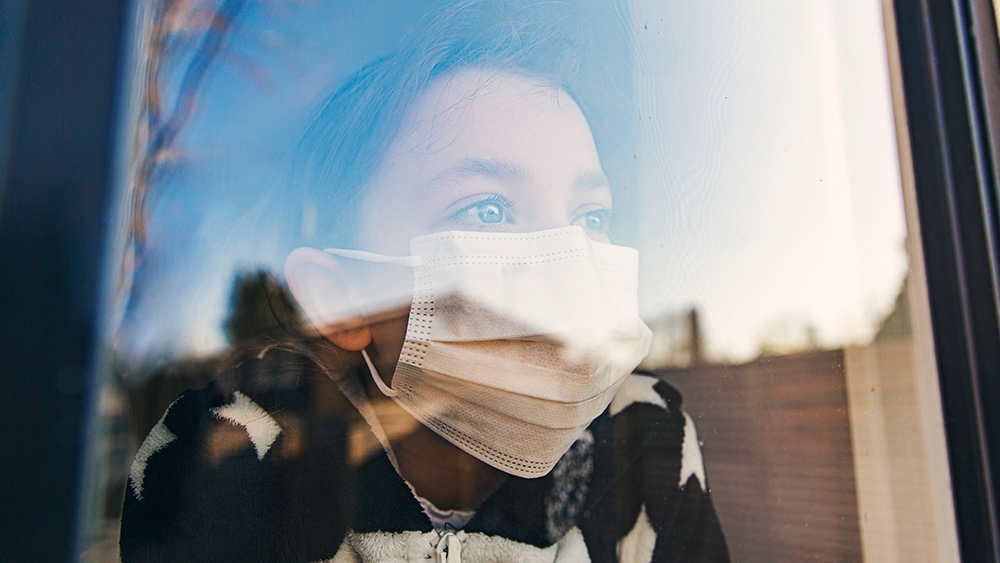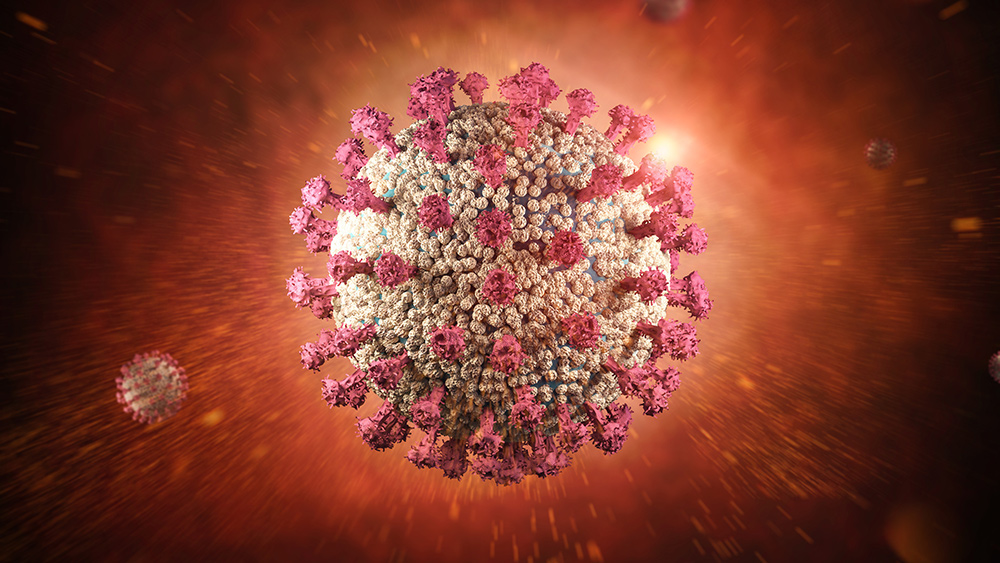Vitamin D deficiency increases risk of coronavirus infection
08/12/2020 / By Ethan Huff

One of the best things you can do to naturally protect yourself against the Wuhan coronavirus (COVID-19) is not to cover your skin but rather to purposely expose it to natural sunlight.
The vitamin D hormone produced by the sun’s rays when they interact with human skin has been scientifically shown to help protect the human body against disease, the Wuhan coronavirus being no exception.
In addition to supporting a healthy colon and guarding against cardiovascular disease, vitamin D from the sun has been shown time and time again to help strengthen the immune system, giving it the “fuel” it needs to ward off illness.
According to Dr. Kecia Gaither, screening for vitamin D is the first thing doctors should do when evaluating patients because “patients with adequate vitamin D levels have been found to have lesser morbid and mortality from COVID-19 than those that were deficient.”
“Along with vitamin D supplementation, adequate sunshine exposure is needed, particularly if melanated because vitamin D is made in the skin,” she explains. “Melanin inhibits vitamin D production in the skin.”
In other words, people with darker skin are more likely to be vitamin D deficient because their unique pigmentation acts as a barrier against the beneficial ultraviolet (UV) rays that trigger vitamin D production in the skin.
Being obese and having darker skin is a double whammy against healthy vitamin D levels
Research compiled by The Cooper Institute has determined that black people and others with darker skin tones are at a disadvantage when it comes to having optimal vitamin D levels. This is especially true, the institution further found, when black people are obese.
“African American men and women with moderate or high fitness levels were 45 percent less likely to have vitamin D deficiency than those with low fitness levels,” the Cooper Institute reports.
“Additionally, obese African American men and women were 70 percent more likely to have vitamin D deficiency than those who were normal weight.”
This may explain why the black community has higher rates of chronic disease than non-black communities. Leading a sedentary lifestyle and having inadequate vitamin D is a recipe for a health disaster, and many black people suffer from both, according to the data.
This would also seem to explain why black people are being hit the hardest by the Wuhan coronavirus, as they simply do not have robust enough immune systems to ward off serious infection. If they are not already supplementing with vitamin D3, black people require much more time in the sun to produce the same levels of vitamin D as white people, hence why many are deficient.
Dr. Abe Malkin recommends supplementing with 2,000 international units (IU) of vitamin D daily for maintenance, or 5,000 IU if one is exceptionally deficient. Vitamin D can also be obtained naturally from wild salmon, white mushrooms, cod liver oil, and raw milk and butter.
Dr. Malkin also suggests supplementing with zinc and vitamin C, both of which help “bolster the immune system.” It is also advisable to drink green tea along with zinc, as the epigallocatechin gallate (EGCG) in green tea functions as a zinc ionophore, meaning it supports zinc in making its way into cells.
Scotland recently updated its official guidance on vitamin D to reflect the current situation with the Wuhan coronavirus. The government there says that “it is important that people maintain sufficient levels of vitamin D,” adding that people in high-risk groups should “take a daily supplement.”
France likewise recommends that people supplement with vitamin D to help maintain adequate levels. Those over 60, the French government further maintains, should take “a bolus dose of 50,000 to 100,000 IU” if tests show they are deficient.
For more related news about the Wuhan coronavirus (COVID-19) and how to combat it naturally, visit Pandemic.news.
Sources for this article include:
Submit a correction >>
Tagged Under:
black people, coronavirus, covid-19, dark skin, deficiency, infection, protection, sunlight, supplements, vitamin D
This article may contain statements that reflect the opinion of the author
RECENT NEWS & ARTICLES
Infections.News is a fact-based public education website published by Infections News Features, LLC.
All content copyright © 2018 by Infections News Features, LLC.
Contact Us with Tips or Corrections
All trademarks, registered trademarks and servicemarks mentioned on this site are the property of their respective owners.





















